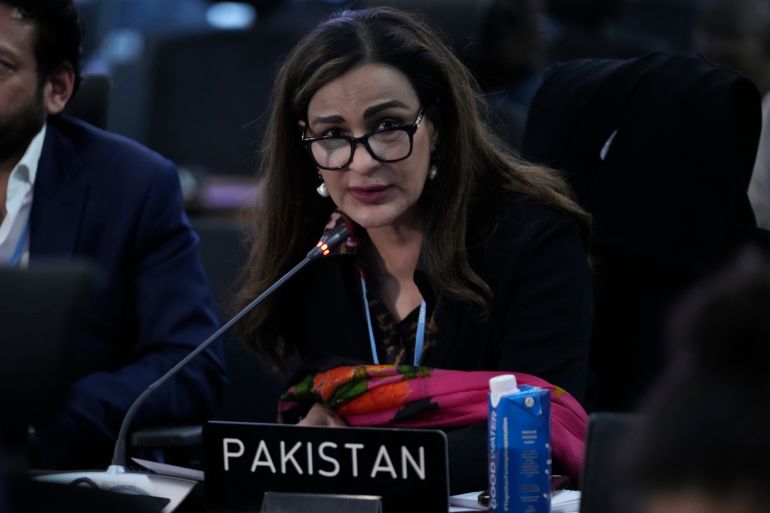Climate justice needs more than a fund. It needs accountability
The COP27 fund is an important step forward. But it’s not climate justice.

After innumerable fits and starts, COP27 witnessed a win for climate diplomacy in November, when the United Nations climate conference agreed to set up a fund for loss and damage caused by global warming — a key demand of many developing nations.
The fund is a reason to celebrate. But poorer nations, which need support as extreme weather conditions ravage them year after year, need to stay careful.
Keep reading
list of 4 itemsAfter the Hurricane
World’s coral reefs face global bleaching crisis
Why is Germany maintaining economic ties with China?
For there is a risk that in winning this battle, they could lose the war for climate justice.
Masterclass in climate diplomacy
Pakistan, ravaged by devastating floods recently, led the diplomacy — in the weeks leading up to the conference.
It made sure that the cries of flood-hit communities could not be ignored and that rich countries felt pressured to do more than just acknowledge the damage their historic emissions have caused.
As elected president of the G77 plus China negotiating bloc, Pakistan became the relentless voice for all developing countries facing climate risk at COP27. Predictably, there were efforts to divide developing nations. To its credit, Pakistan held the group together, acknowledging the uniqueness of each country’s circumstances while persistently reminding them of the common goal that would benefit all: creating a loss and damage fund.
As Meena Raman, the director of Third World Network and an expert on the UN climate summits told The Guardian: “We have seen such divide-and-control efforts time and time again. But when the G77 remains strong, we get good outcomes; if they are divided, developing countries lose.”
Remember, the top United States diplomat on climate change, John Kerry, had declared that a fund of this sort is “just not happening”.
Against that backdrop, the establishment of the fund at the end of COP27 is a remarkable diplomatic achievement.
But such wins are inadequate unless they are guided by a rationale that benefits the majority of people across the world. Unfortunately, the G77’s response to the announcement of the fund is a cause for concern. Its message that “loss and damage is not charity, it’s about climate justice” ironically pulled the ground from underneath those fighting the climate justice war for decades.
For let’s be clear — while a fund to compensate for loss and damage is certainly not charity, it can also never, even remotely, be about climate justice. No amount of money can pay for lives and livelihoods lost.
Equating the two gave rich countries the easy way out – a path they are happy to take.
The fight for climate justice
This isn’t just a philosophical squabble with those who successfully led diplomacy for developing nations at COP27. There are serious practical implications at stake here.
The loss and damage fund was only accepted with a fine print which gave wealthy nations a pass on responsibility and accountability – the only design for such an initiative acceptable to rich countries.
COP27 rightly focused on those who are suffering damage but at the same time turned a blind eye towards those causing it. This is not justice. Instead, rich countries struck the deal of the year.
The gavel was brought down on a fund that allows them to damage the planet as much as they please, in exchange for volunteering to pay for the losses after the fact. As of now, they are not required to make even the firm — though often hollow — commitments that have long marked COP events.
In effect, rich countries packaged the dollar as climate justice, and sold it to countries so desperately unheard and ill-resourced. As former US President Ronald Reagan once said: “A hungry child knows no politics.”
There’s another risk, too. The decisions at COP27 envisage a fund to assist developing countries that are “particularly vulnerable to climate change”. It is impossible to quantify climate vulnerability objectively – no institution should decide whose life is more deserving of justice than others.
Including this condition for accessing the funds may result in a race to become the most climate-vulnerable country.
To be clear, the very agreement on a loss and damage fund shows that climate diplomacy is working, and rich countries are under pressure to show results. But to turn that into a vehicle for climate justice, we must first arrive at an understanding of what climate justice really is — and what it isn’t.
The views expressed in this article are the author’s own and do not necessarily reflect Al Jazeera’s editorial stance.
